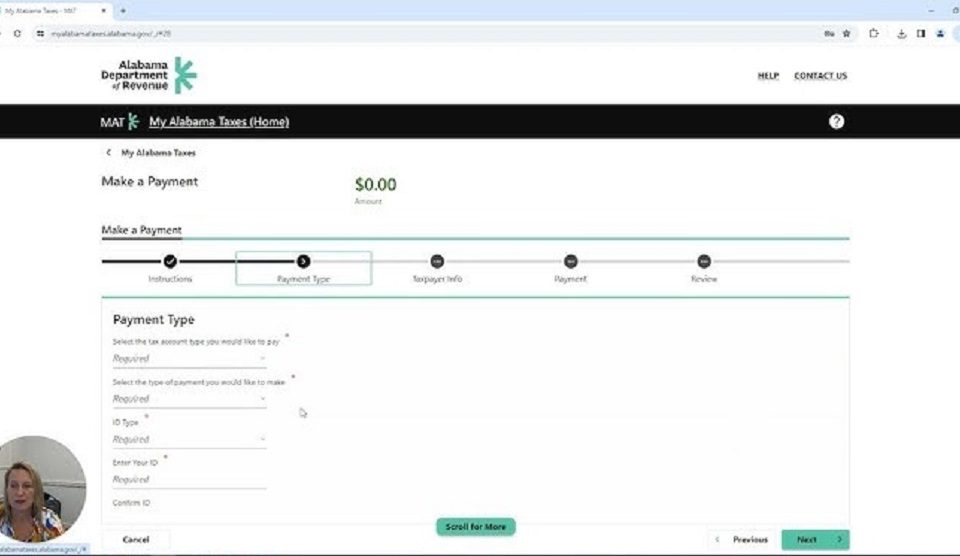
Are There Any Problems with Tourism in Dubai?
August 9, 2023
What is the Meaning of Outdoor Event?
August 14, 2023What Factors to Consider When Buying a Business?
Are you considering buying a business? It can be an exciting and potentially lucrative venture, but it’s essential to approach it with careful consideration. Whether you’re a seasoned entrepreneur or a first-time business buyer, there are several factors you should take into account to ensure a successful acquisition. In this article, we will explore the key considerations when purchasing a business, providing you with valuable insights to guide your decision-making process.
Table of Contents
ToggleIndustry Analysis: Understanding the Market
Before purchasing a business, it’s crucial to thoroughly analyze the industry in which the business operates. Evaluate the current market trends, growth potential, and competitive landscape. Identify the target audience and determine if there is a demand for the products or services the business offers. By understanding the industry comprehensively, you can assess the business’s viability and potential for future success.
Financial Assessment: Evaluating the Numbers
A crucial aspect of buying a business is conducting a detailed financial assessment. Review the financial statements, including balance sheets, income, and cash flow statements. Analyze the revenue streams, profit margins, and operating costs. Consider hiring a professional accountant to help you assess the business’s financial health and identify any red flags. Additionally, determine the return on investment (ROI) and projected growth opportunities to ensure the business aligns with your financial goals. Explore the best books on buying a business.
Due Diligence: Investigating the Business
Performing due diligence is vital to verify the information provided by the seller and uncover any hidden risks or liabilities. Conduct a thorough investigation of the business’s assets, contracts, licenses, and permits. Examine the company’s legal history, pending lawsuits, and regulatory compliance. It’s also essential to assess the reputation of the business within the industry and its relationship with customers, suppliers, and employees.
Operational Evaluation: Assessing the Business Operations
Evaluate the day-to-day operations of the business to determine its efficiency and effectiveness. Consider the scalability of the operations and the potential for growth. Assess the quality of the workforce, their skills, and their level of engagement. Additionally, review the existing systems and processes in place, such as inventory management, marketing strategies, and customer service. Understanding the operational aspects of the business will help you identify areas for improvement and assess its long-term sustainability.
Intellectual Property: Protecting Assets and Innovations
If the business you are considering purchasing relies on intellectual property (IP) assets, it’s crucial to assess their value and protection. Conduct a thorough analysis of the trademarks, copyrights, patents, and trade secrets associated with the business. Verify the ownership and validity of these assets to ensure their transferability and protection. Intellectual property can be a valuable asset, so it’s important to safeguard it during the acquisition process.
Employee Considerations: Managing the Workforce
The existing workforce of a business plays a significant role in its success. Evaluate the number of employees, their roles, and their contractual agreements. Consider the impact of the acquisition on the employees and develop a plan for managing the transition. Communicate openly with the employees to address any concerns and build trust. Remember, a motivated and skilled workforce can contribute to the business’s growth and success.
Growth Potential: Identifying Opportunities
Assess the growth potential of the business you intend to purchase. Consider factors such as market demand, expansion possibilities, and new revenue streams. Identify areas where you can add value and leverage your skills and expertise. Explore opportunities for innovation, diversification, or geographic expansion. A business with strong growth potential can provide you with a solid foundation for long-term success.
Legal and Tax Considerations: Seeking Professional Advice
Navigating the legal and tax aspects of a business acquisition can be complex. Seek professional advice from lawyers and tax specialists experienced in mergers and acquisitions. They can help you understand the legal obligations, tax implications, and regulatory requirements associated with the purchase. Proper legal and tax planning will ensure compliance and minimize potential risks.
Reputation and Customer Base: Assessing Brand Value
The reputation and customer base of a business are valuable assets. Evaluate the brand’s perception within the market and the loyalty of its customer base. Assess the effectiveness of the business’s marketing strategies and its online presence. Consider customer reviews and feedback to gain insights into the business’s strengths and weaknesses. A strong brand and loyal customer base can provide a competitive advantage and contribute to the business’s long-term success.
Exit Strategy: Planning for the Future
While acquiring a business, it’s essential to have an exit strategy in mind. Consider your long-term goals and how the business fits into your overall plans. Determine if you intend to operate the business indefinitely, sell it in the future, or pass it on to the next generation. Developing a clear exit strategy will guide your decision-making process and ensure you maximize your return on investment.
Conclusion
Buying a business can be a rewarding and life-changing decision. By considering the factors mentioned above, you can make an informed choice and increase your chances of success. Remember to conduct thorough research, seek professional advice, and evaluate the business from multiple angles. By doing so, you’ll position yourself for a smooth acquisition process and set a strong foundation for your entrepreneurial journey.




